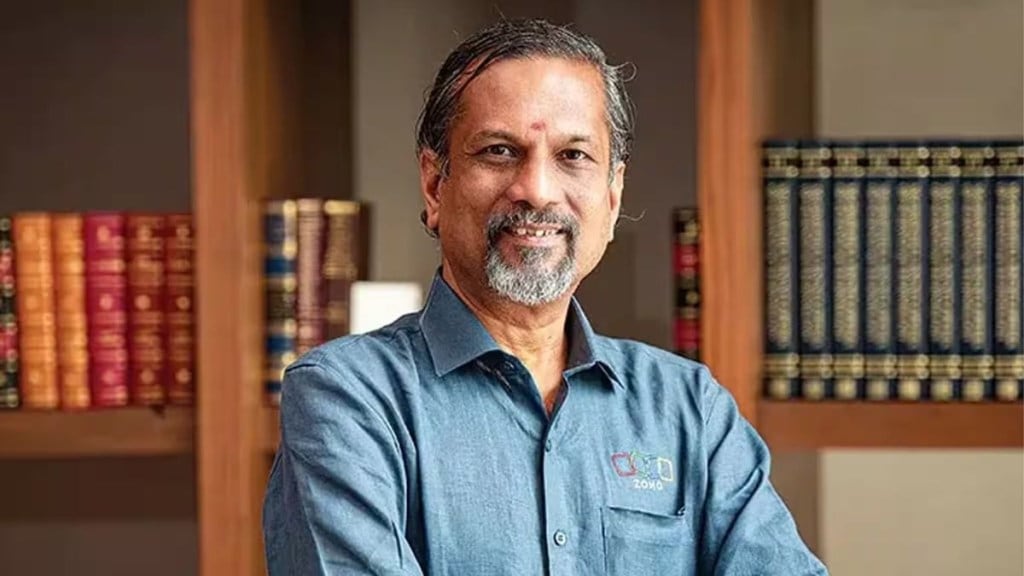The Central government’s shift to a mailing system powered by Zoho was after a rigorous evaluation process, Zoho Corp’s founder and chief scientist Sridhar Vembu told Moneycontrol in an interview. He also said that the country should invest in critical homegrown technologies to secure its economic future and reduce dependence on foreign systems that can be weaponised.
Vembu said that the National Informatics Centre’s (NIC) migration to Zoho’s platform has brought over 1.5 million central government officials and departments, including the Prime Minister’s Office, onto Zoho’s cloud-based suite. The company was selected following a competitive bidding process initiated by the ministry of electronics and information technology (Meity) to replace the NIC’s internal email system with a secure cloud service. Nearly 3.3 million government employees are registered on the new platform.
Vembu said that the selection followed a stringent evaluation process rather than a top-down policy push. “We went through at least about 15, maybe 20 audits covering all of the areas of our code, our data sector, our security practices, and an extensive number of audits we have gone through,” he said, noting that Zoho was chosen after “stiff competition”.
Vembu added that the adoption of Zoho’s services was “not something suddenly sprung,” but the culmination of a steady process of validation and testing by government teams.
The ministry of education’s recent endorsement of Zoho products marks another step in that direction. The move ensures that government employees use secure, locally hosted tools for creating documents, spreadsheets, and presentations, replacing open-source or foreign alternatives. While official email domains remain under nic.in and gov.in, the hosting infrastructure has shifted to Zoho servers under a seven-year contract.
According to Vembu, the government’s embrace of Indian software firms mirrors a wider realisation that technology independence is vital for national resilience. “In the Swadeshi movement, we are also realising that this company is made in India, we must back this, we must promote this, we need these national champions. That awareness is now spreading,” he said.
Vembu also cautioned that India must not rely excessively on imported technologies, warning that such dependence can become a strategic vulnerability. “We have to invest in all of the critical technologies so that nothing can be weaponised against us. When we buy something, we must also sell something equally valuable,” he told Moneycontrol. Criticising decades of Western-influenced economic thinking, he argued that India’s long-term competitiveness hinges on fostering indigenous innovation and building a self-reliant digital ecosystem.

